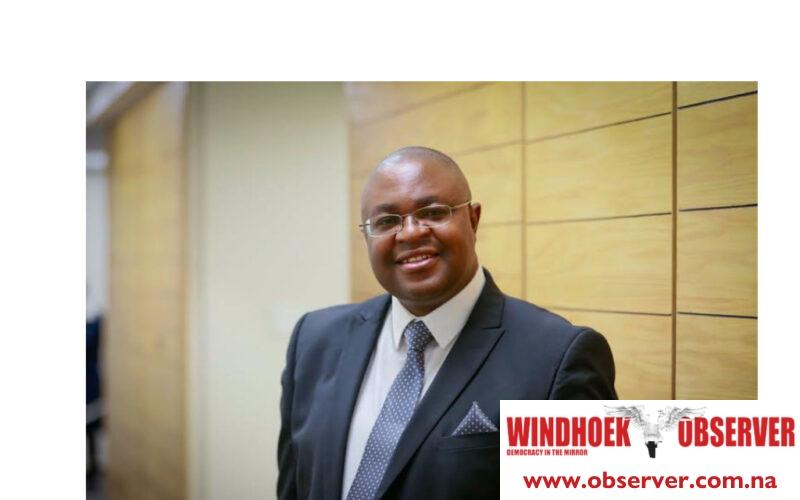Niël Terblanché
The Namibia Financial Institutions Supervisory Authority (Namfisa) has urged members of registered medical aid funds to actively participate in their upcoming annual general meetings (AGMs).
The authority warned that low turnout could weaken good governance and threaten the long-term sustainability of the healthcare financing sector.
Namfisa’s chief executive officer, Kenneth Matomola, described AGMs as essential for accountability, where members can directly shape how their contributions are managed.
“Medical aid funds exist to serve their members. The AGM provides a vital platform for members to make their voices heard, scrutinise decisions and ensure the fund is being run in their best interests,” said Matomola.
He expressed concern about the low turnout at recent AGMs, noting that limited member involvement can impact a fund’s efficiency and solvency. This is especially critical amid rising healthcare costs and growing operational demands.
Matomola urged members to use AGMs to evaluate key governance areas. These include reviewing audited financial statements, checking how contributions are being used, and assessing whether the board of trustees has the right skills, experience, and representation.
He also raised concerns about how well funds are managing non-healthcare spending, how transparent and competitive their third-party contracts are, and how they are responding to issues such as fraud, healthcare inflation, demographic shifts, and regulatory changes.
Matomola highlighted a lack of Information Technology (IT) and digital governance skills on many boards. He said boards must be able to manage cyber risks, evaluate IT infrastructure, and ensure that technology is being used to cut costs and improve engagement with members and service providers.
“Boards must be capable of overseeing cyber risks, evaluating the adequacy of IT infrastructure and ensuring that technology is effectively used to achieve cost efficiencies and better engagement with members and service providers,” he said.
He explained that trustees with IT expertise are essential to ensure that a fund’s administrative and financial systems deliver value. He added that governance frameworks like NAMCODE now prioritise IT, with an entire chapter dedicated to information and technology governance.
Matomola encouraged members to take ownership of their engagement. He urged them to confirm the time, date, and format of their AGMs and to read the supporting documentation in advance.
“Participation in AGMs is not only a right but a shared responsibility. The resilience and effectiveness of medical aid funds ultimately rest on how engaged their members are,” said Matomola.




